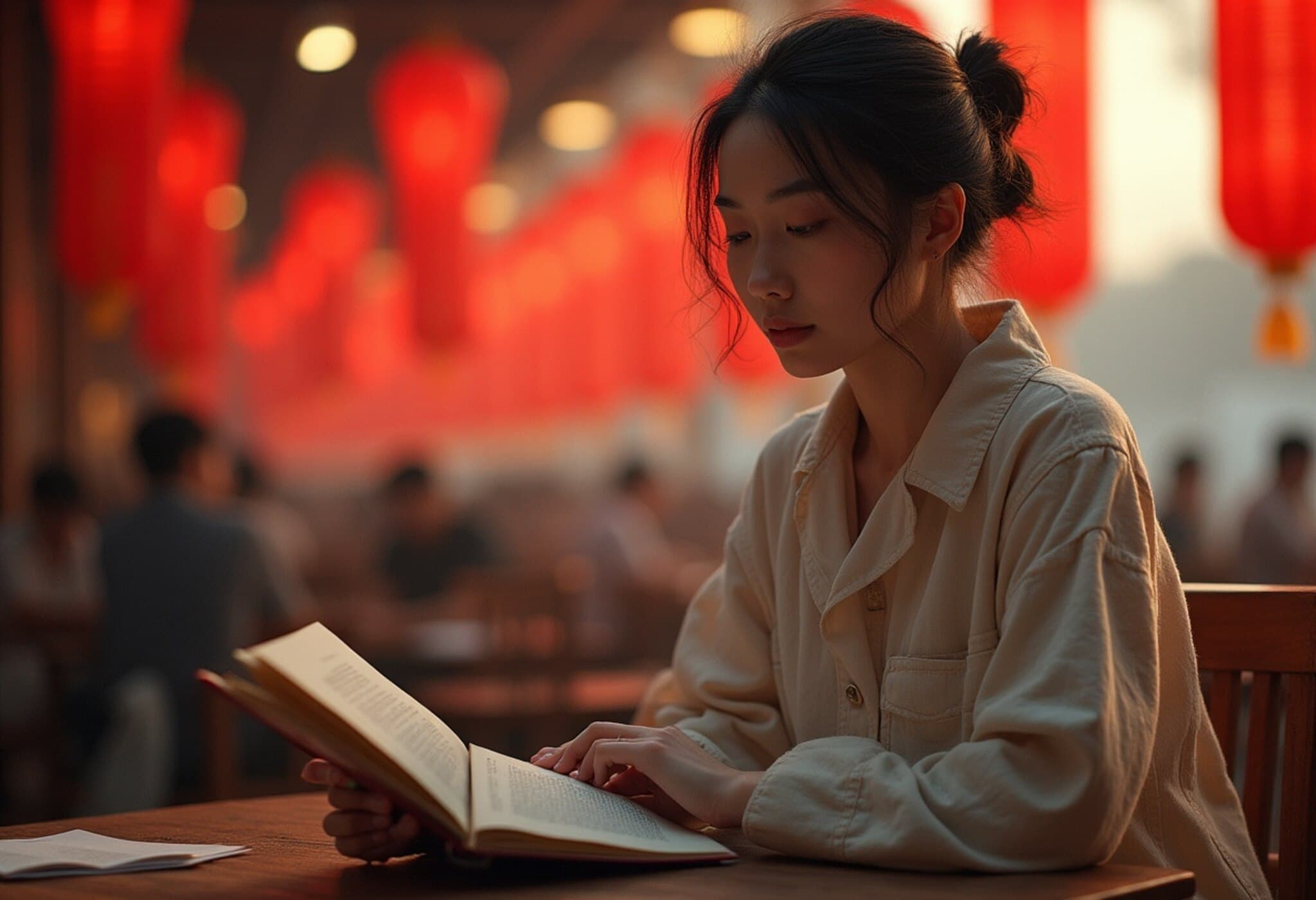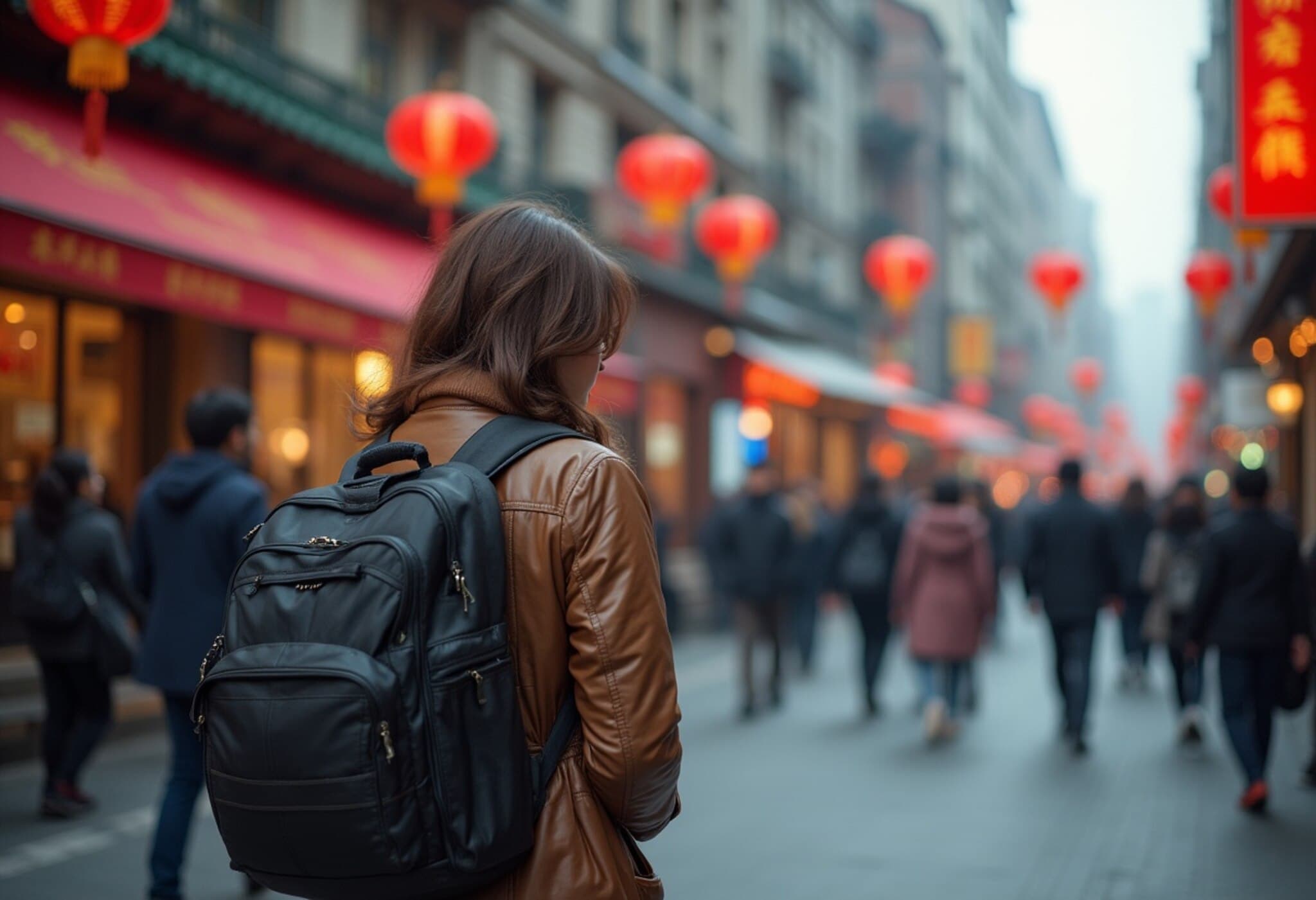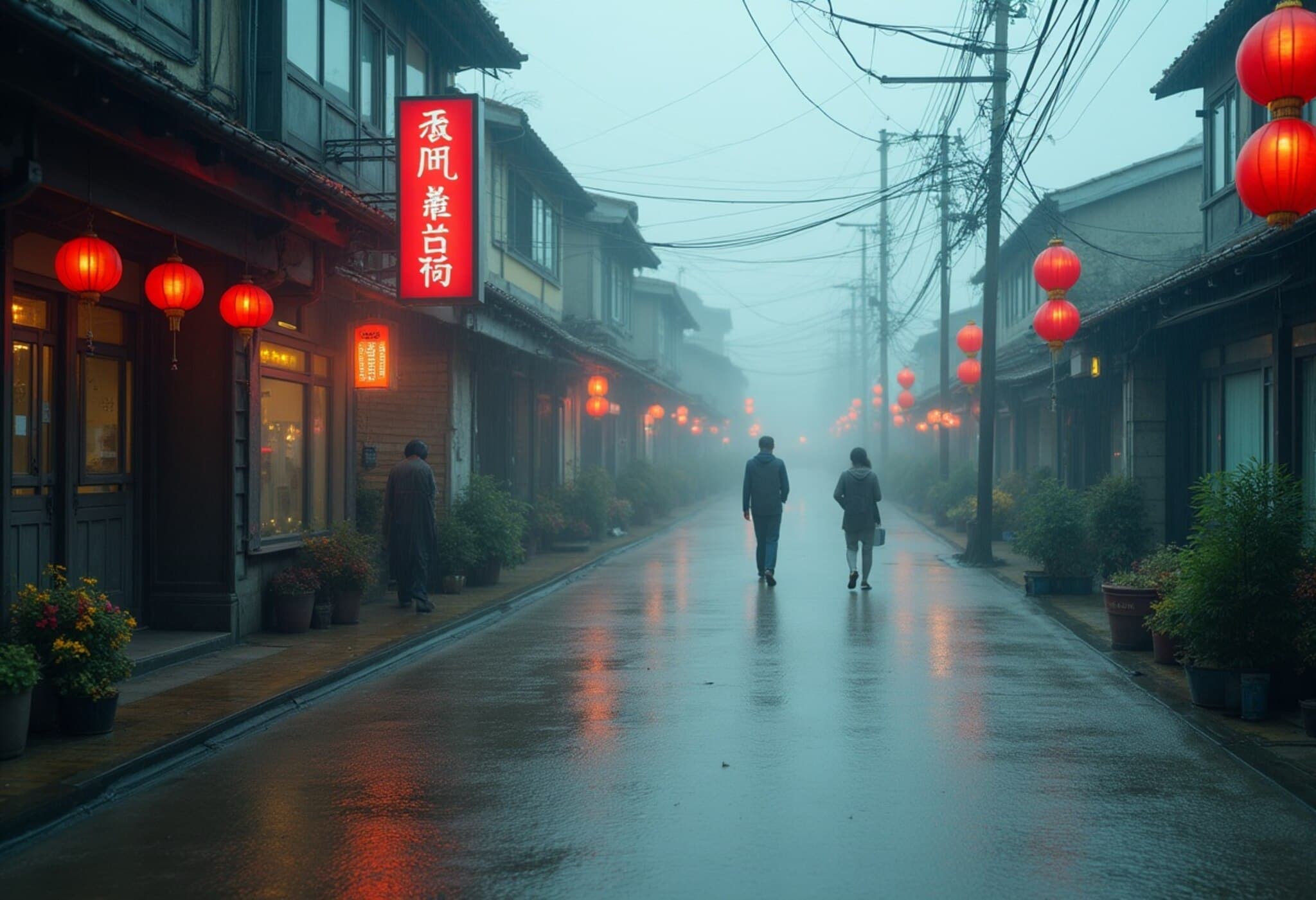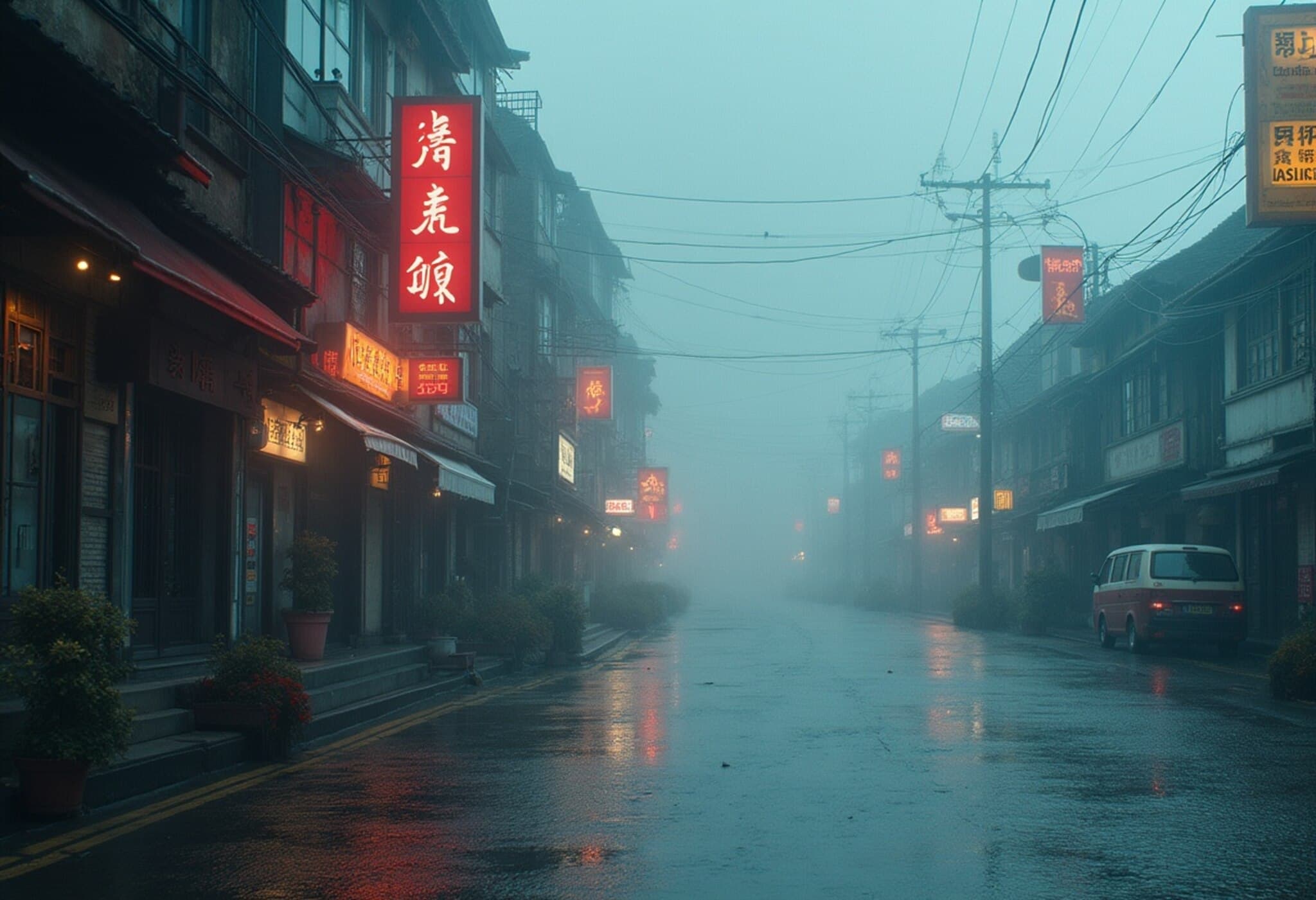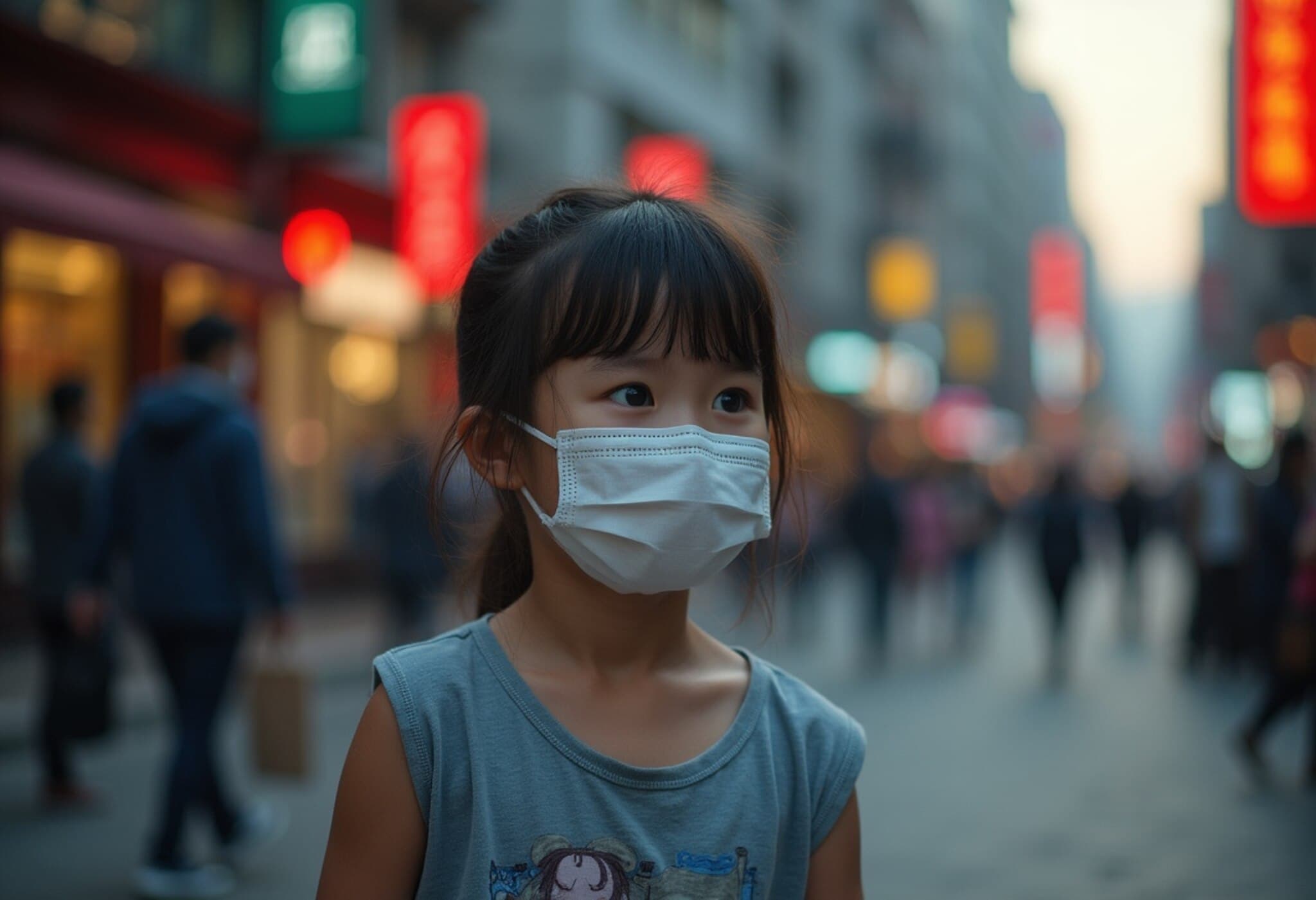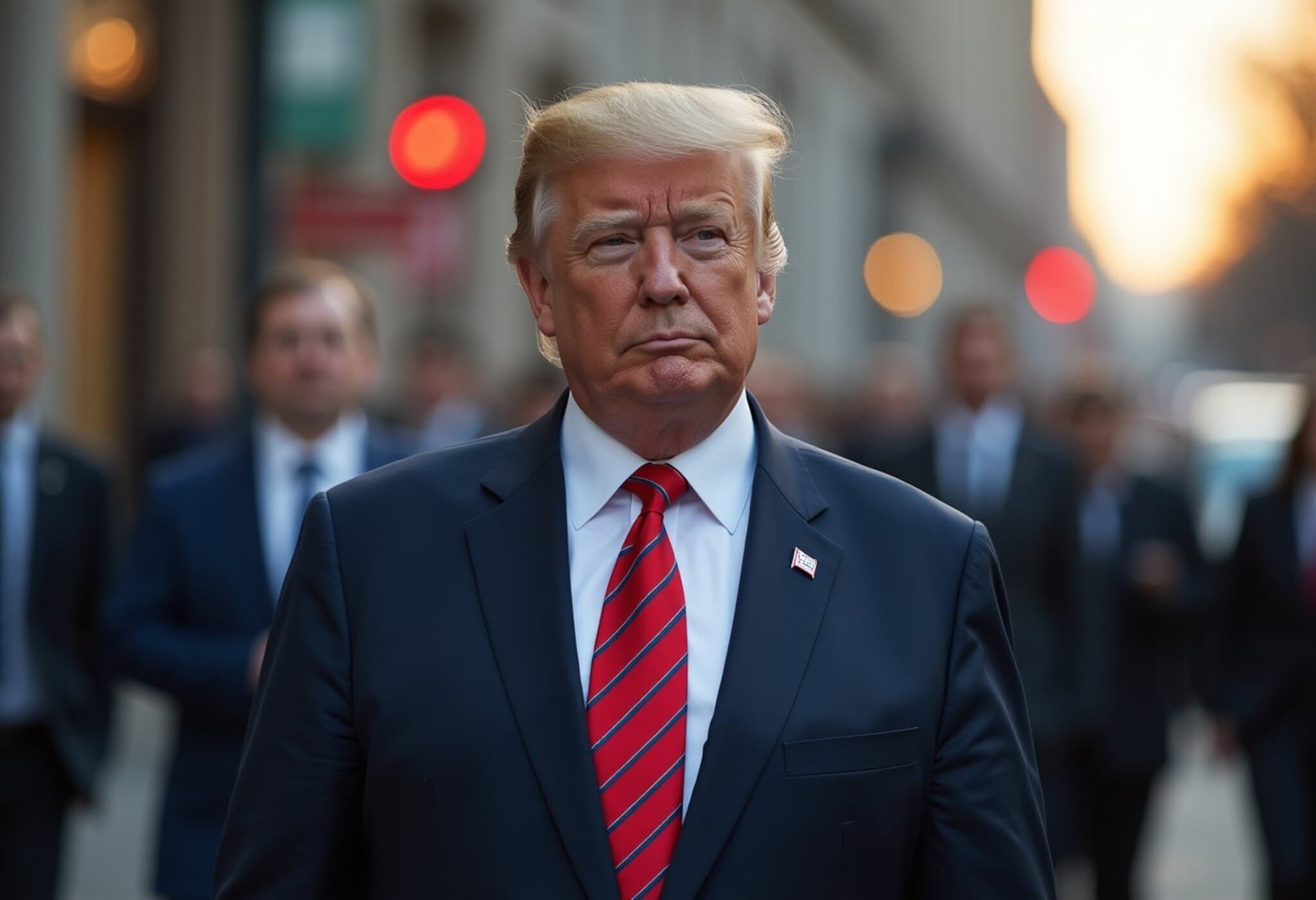Plagiarism Scandal Exposes Deep Fault Lines in China’s Literary Establishment
In recent months, China’s literary world has been convulsed by a scandal that goes beyond simple allegations of copying, shaking the very foundations of the state-backed publishing system and igniting a nationwide conversation about authenticity, ethics, and the future of Chinese literature.
The Rise of a Digital Whistleblower: ‘Lyrical Forest’
Behind this upheaval stands an unlikely figure — an anonymous Chinese blogger known as ‘Lyrical Forest’. Armed with nothing more than a keen eye and digital tools, this former trend forecaster turned citizen investigator has meticulously analyzed side-by-side text comparisons, revealing striking similarities between works by prominent Chinese authors and internationally acclaimed writers including Ian McEwan, Albert Camus, and Gabriel García Márquez.
His efforts began innocuously enough—while reading children’s books with his child, he noticed passages almost identical to Japanese author Naoko Yasubo. What followed was a painstaking campaign to uncover, document, and expose numerous cases of what many now dub systemic plagiarism within China’s state-supported literary circles.
A Deafening Silence from China’s Literary Elite
Despite mounting evidence, China’s literary establishment has largely opted for silence or vague denials. Most accused authors, some decorated and published in prestigious journals like Harvest, People’s Literature, and October, have not responded publicly; only Sun Pin has issued a formal apology. Meanwhile, ‘Lyrical Forest’’s online following soared from 1,000 to over 6,000 within weeks, reflecting growing public interest and support.
Yet, some editors have reportedly pressured the blogger to remove his findings, dismissing overlaps as mere “coincidences,” a reaction that highlights the fragile and defensive posture of the industry when confronted with uncomfortable truths.
Trust Eroded: A Cultural Crisis
This scandal hits at a time when trust in China’s cultural institutions is already tenuous. Readers perceive the muted response from mainland literary outlets as complicity, exacerbating concerns about integrity. In contrast, Hong Kong Literature has issued a rare, forthright statement acknowledging the problem, pledging reform—an isolated but commendable stance amid widespread reticence.
Echoes of Past Controversies and the Power of Digital Accountability
Plagiarism is not new to China’s literary landscape; the 1990s case of Ye Weilin, who plagiarized Russian and Chinese writers before apologizing, is a notable precedent. What distinguishes today’s situation is the scale and transparency enabled by digital platforms. Free plagiarism checkers, online archives, and engaged readers have created a grassroots accountability movement unprecedented in Chinese literature.
This environment has also catalyzed an “amateur writing renaissance,” where uncredentialed writers gain recognition without conventional publishing gatekeepers. For many, this scandal represents an opportunity to challenge established hierarchies and inject fresh creativity without compromise.
Institutional Decay or Moral Bankruptcy?
Experts suggest the scandal reveals systemic ethical decay. As Chinese media outlet iNews remarked, the literary world has shifted from cultivating talent to propping up mediocrity through mutual praise and awards. Some revered authors, including Nobel laureates Mo Yan and Yu Hua, have remained silent, underscoring the “halo effect” that shields established figures from scrutiny.
The metaphor of a “granary covered with green hair” vividly captures this malaise—where the rot is so pervasive that it can no longer be dismissed as isolated. Plagiarism, then, is a symptom of a broader cultural crisis where originality and artistic integrity are undervalued.
Contextualizing the Scandal within China’s Broader Copying Debate
This episode also taps into a longstanding narrative about China’s developmental model, which critics claim often relies on imitation—whether in technology, manufacturing, or culture. What sets this scandal apart is that the critique is coming from within China itself, reflecting a growing frustration among Chinese citizens about their cultural identity and the value of authenticity.
The Path Forward: Reform or Retrenchment?
The future of China’s literary scene hangs in the balance. Will this scandal provoke genuine institutional reform, greater transparency, and openness to emerging voices? Or will the establishment retreat further into defensive silence, betting on public forgetfulness?
For now, ‘Lyrical Forest’ continues his solitary stand, backed by readers who prize honesty and originality. His efforts have pierced the veneer of state-supported literary prestige, revealing a fragile ecosystem sustained by silence rather than creative vitality.
Expert Insight: The Stakes Beyond Literature
This scandal is about more than just individual authors or isolated incidents—it highlights the vital importance of intellectual honesty in nation-building. Literature shapes societal values and collective consciousness; thus, systemic plagiarism questions the moral foundation of a culture that aspires to international respect and soft power.
From an American policy perspective, these developments underscore the potential for cultural renewal but also signal tensions in China’s governance over creative sectors. How Beijing responds to such internal critiques might signal wider openness or tightening control over intellectual expression.
In Summary
- The plagiarism scandal unveils entrenched challenges in China’s state-backed literary system.
- Digital activism is empowering ordinary citizens to demand transparency and accountability.
- The crisis reflects broader anxieties about cultural authenticity and ethical integrity.
- Reform at institutional levels remains uncertain amid prevailing silence and defensiveness.

